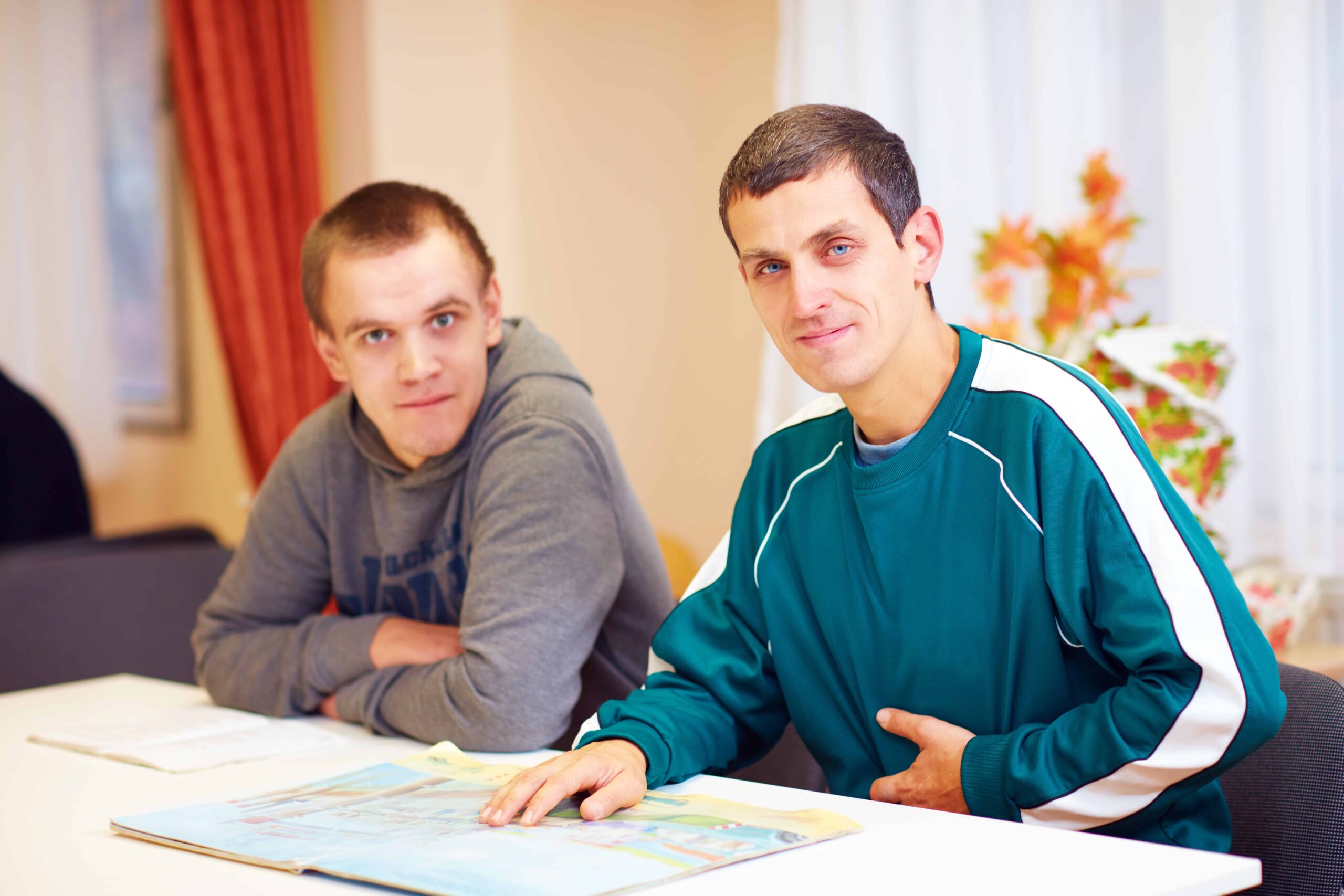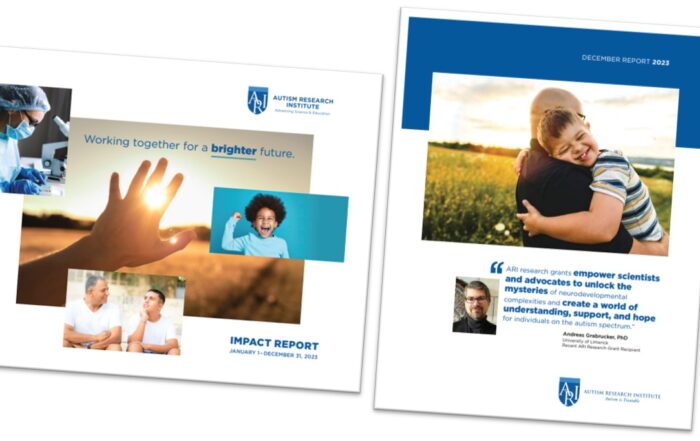The number of individuals who have autism spectrum disorders (ASD) without intellectual impairment is higher than previously believed, according to recent research.
Maja Katusic and colleagues examined the medical and school records of more than 30,000 individuals born between 1976 and 2000 in Olmsted County, Minnesota. They identified cases of ASD based on behavioral data in the records, using both broad and narrow definitions of autism as defined by the fourth edition of the Diagnostic and Statistical Manual of Mental Disorders (DSMIV). In addition, they identified individuals with documented clinical autism diagnoses.

The researchers found that of 890 individuals who met the inclusive definition of autism and had IQ scores available, 59 percent had an average or higher IQ score. Of the 453 individuals who met the narrow criteria, 51 percent had an average or higher IQ score. Only 43 percent of the 187 individuals with a clinical diagnosis of ASD had an average or higher IQ score. Males were more likely than females to have average or higher IQs.
The researchers say their findings “suggest that nearly half of individuals with ASD have average or higher IQ,” and warn that these individuals “remain at risk for not being identified.”
—
“IQ in autism spectrum disorder: a population-based birth cohort study,” Maja Z. Katusic, Scott M. Myers, Amy L. Weaver, and Robert G. Voigt, Pediatrics, November 4, 2021 (online ahead of print publication). Address: Maja Katusic, Mayo Clinic, 200 1st St SW Rochester, MN 55902, [email protected].
—and—
“Autism without intellectual impairments more common than previously reported,” Jonathan Moens, Spectrum News, December 1, 2021.
This article originally appeared in Autism Research Review International, Vol. 36, No. 1, 2022
Editorial – Fecal Microbiota Transplantation and Autism
Over the past several years, Fecal Microbiota Transplantation (FMT) has become the subject of growing interest in the autism community due, at least in part, to the increased awareness of the gut-brain
ARI’s Latest Accomplishments
Connecting investigators, professionals, parents, and autistic people worldwide is essential for effective advocacy. Throughout 2023, we continued our work offering focus on education while funding and support research on genetics, neurology, co-occurring medical
Biomarkers start telling us a story: Autism pathophysiology revisited
Antonio Persico, MD, a recent ARI Research Grant recipient, explores the role of biomarkers in understanding autism pathophysiology. He discusses the complexity inherent to neurodevelopmental conditions and emphasizes the need to combine




